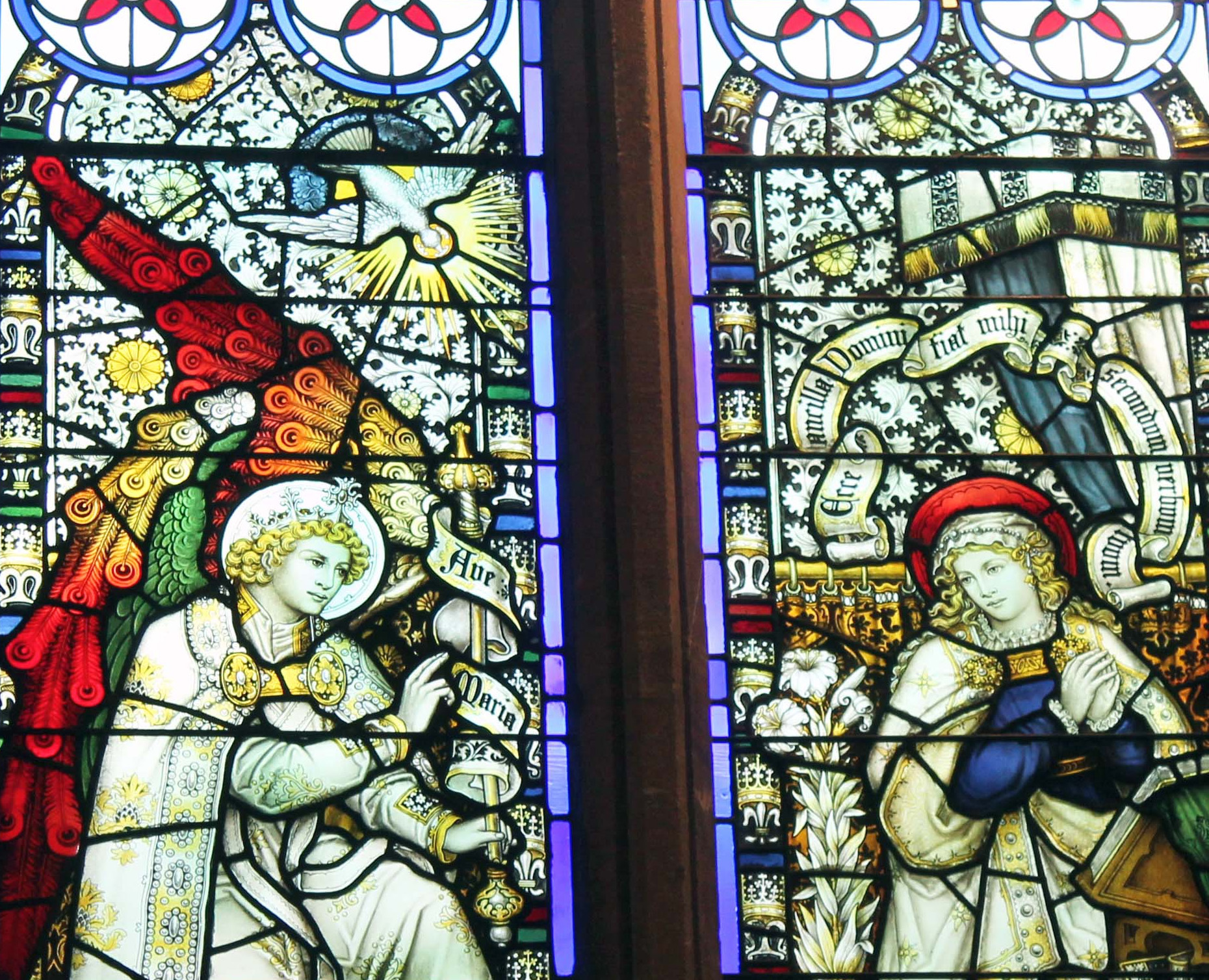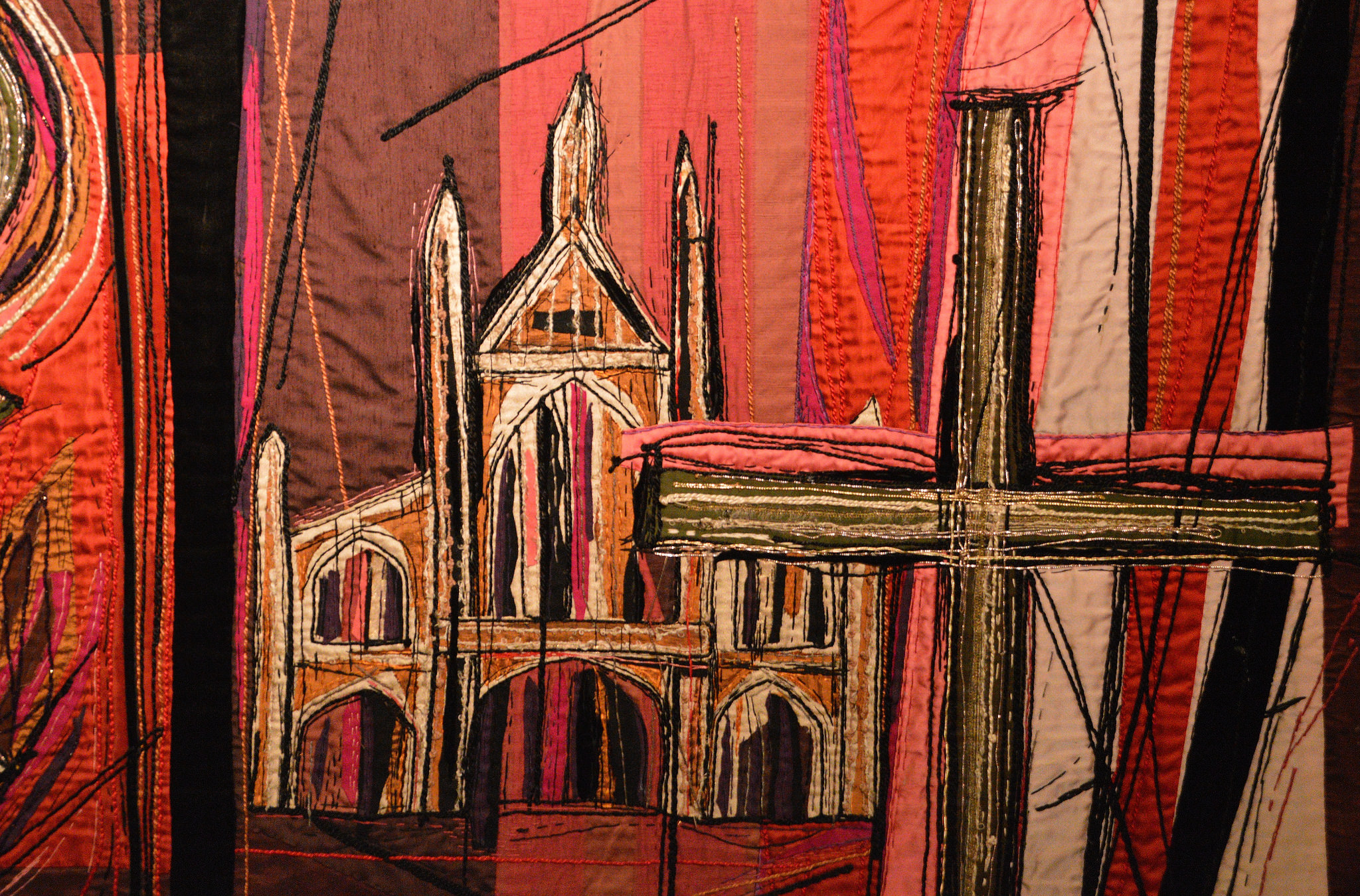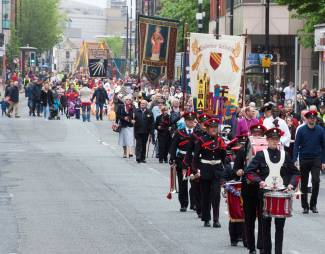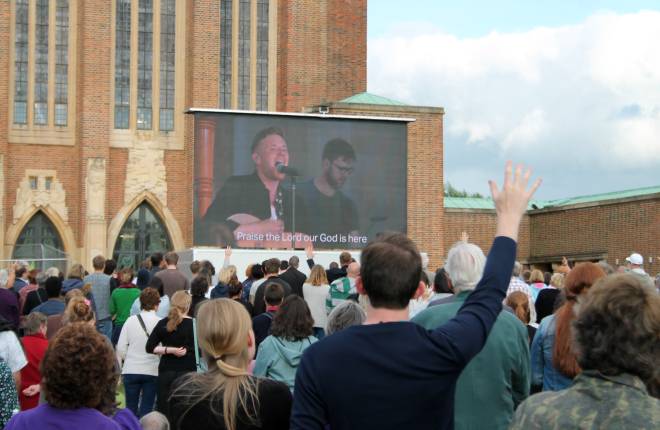
Pentecost (which comes from the Greek word for ‘fiftieth’) has its roots in the Jewish Feast of Weeks.
Jesus had promised his followers that, although they would not see him after his Ascension, they would receive the Holy Spirit to guide and inspire them.
The Acts of the Apostles describes how the crowds gathered in Jerusalem – representing many nationalities and speaking many languages – were able to hear the disciples preaching in their own language.
'When the day of Pentecost had come, they were all together in one place. And suddenly from heaven there came a sound like the rush of a violent wind, and it filled the entire house where they were sitting.'
Acts 2, Chapter 2

The colour most often associated with Pentecost is red, representing the tongues of fire which the Acts of the Apostles describes appearing above the heads of the disciples as a sign that they had received the Holy Spirit.



Photos from Manchester Diocese
Thy Kingdom Come
Many churches set aside the ten days between Ascension and Pentecost as a special time of prayer for the gift of the Holy Spirit. Thy Kingdom Come – the global wave of prayer established in 2016 following an invitation from the Archbishops of Canterbury and York – has seen millions of Christians across denominations and across the world joining together to pray for more people to come to know Jesus.
In praying 'Thy Kingdom Come' we all commit to playing our part in the renewal of the nations and the transformation of communities
Archbishop Justin Welby

- Ascension
-
Ascension is a day which marks the ascension of the risen Christ into heaven, forty days after Easter.


